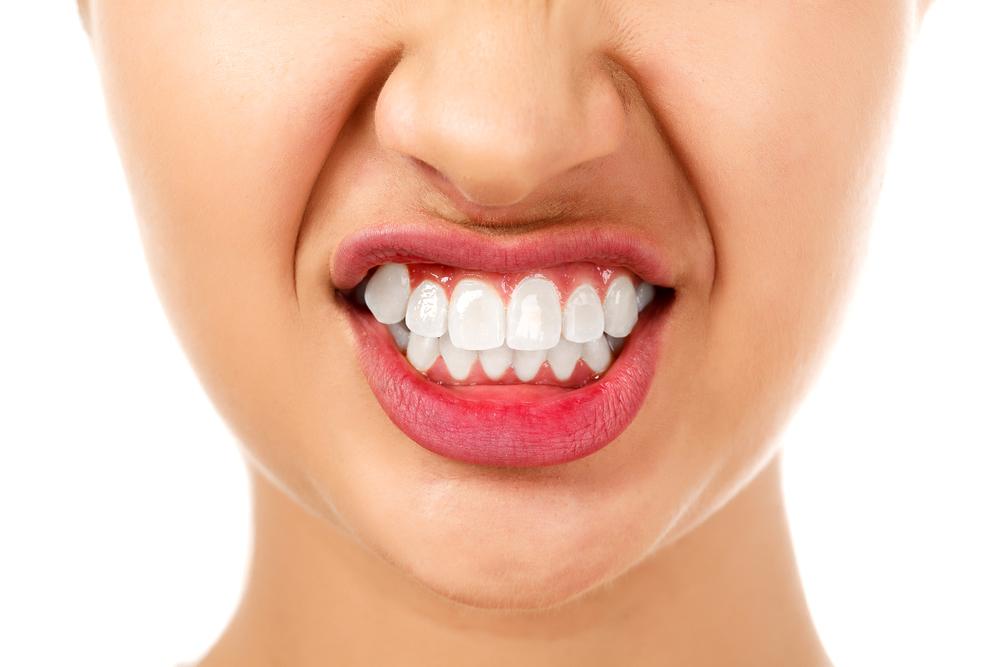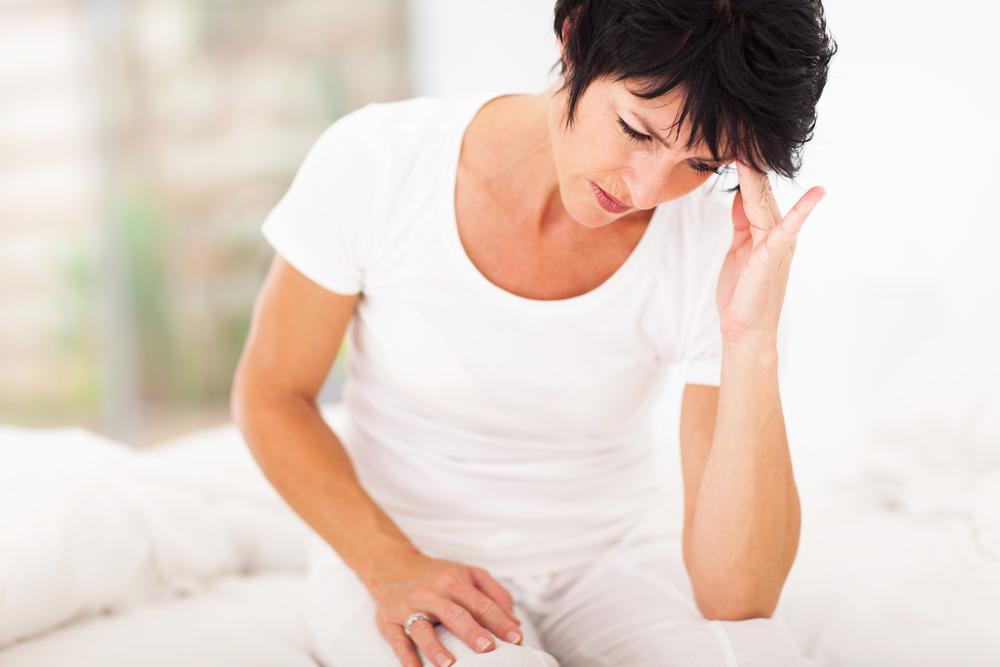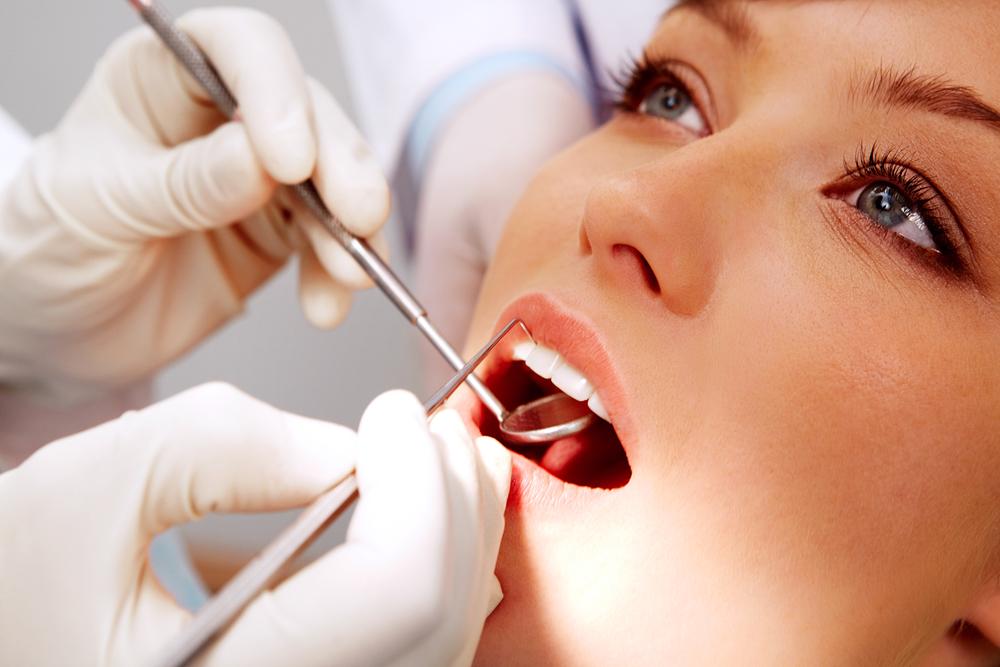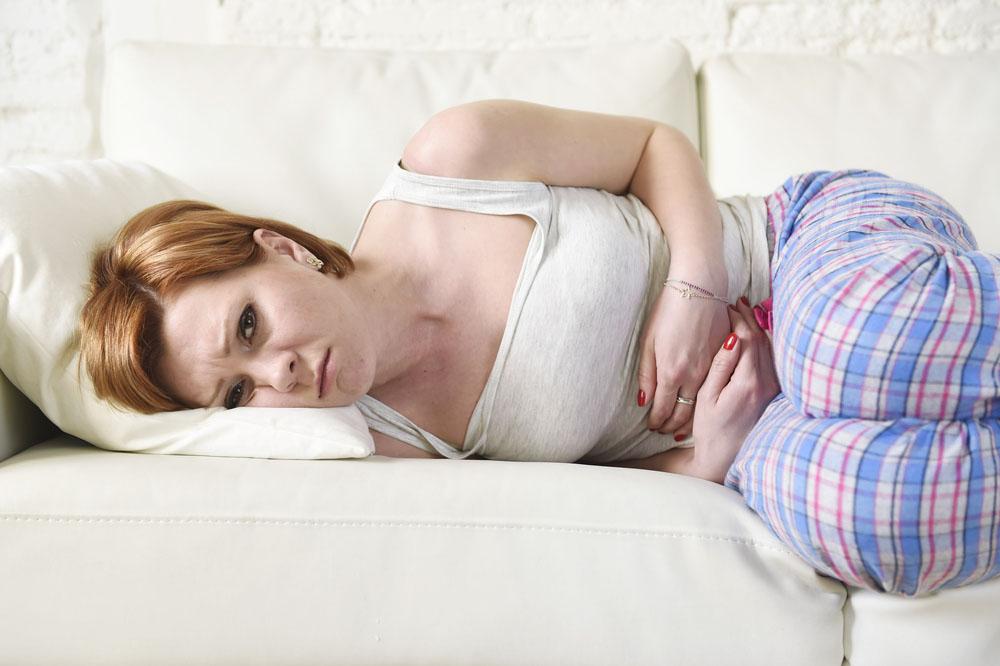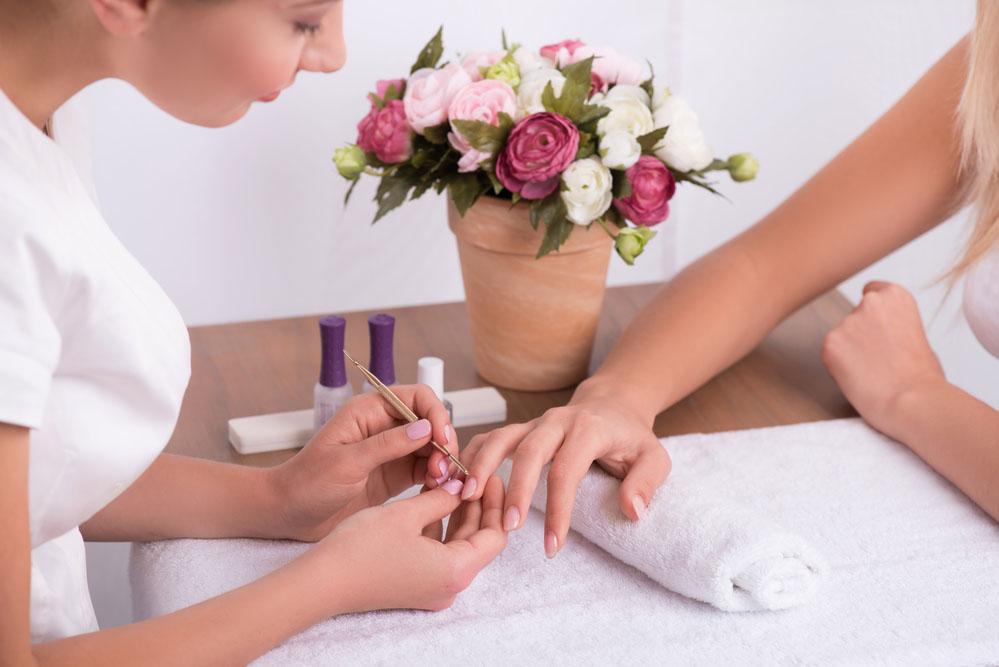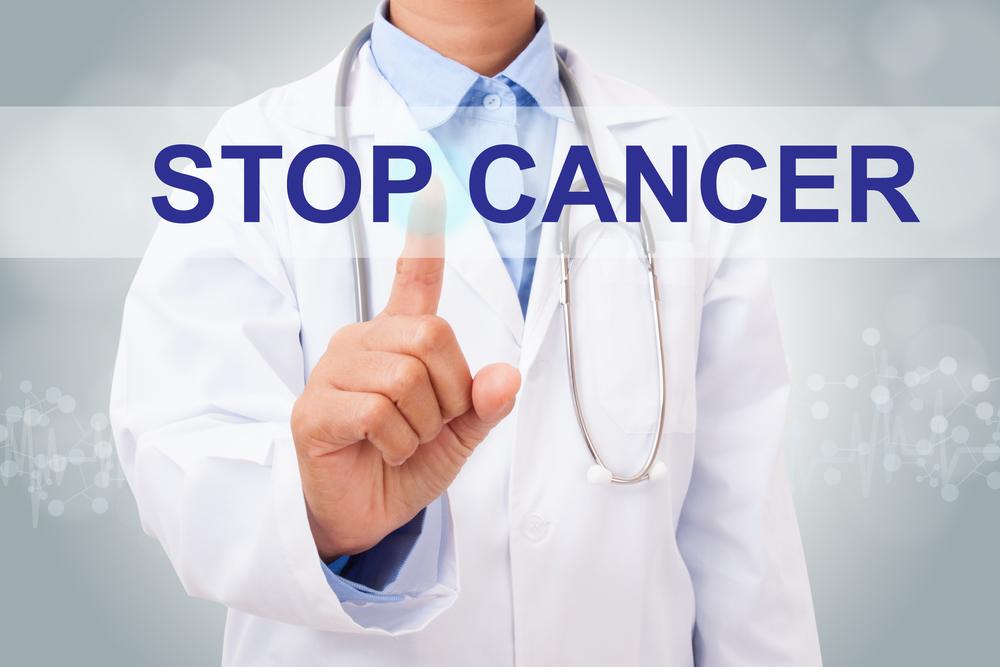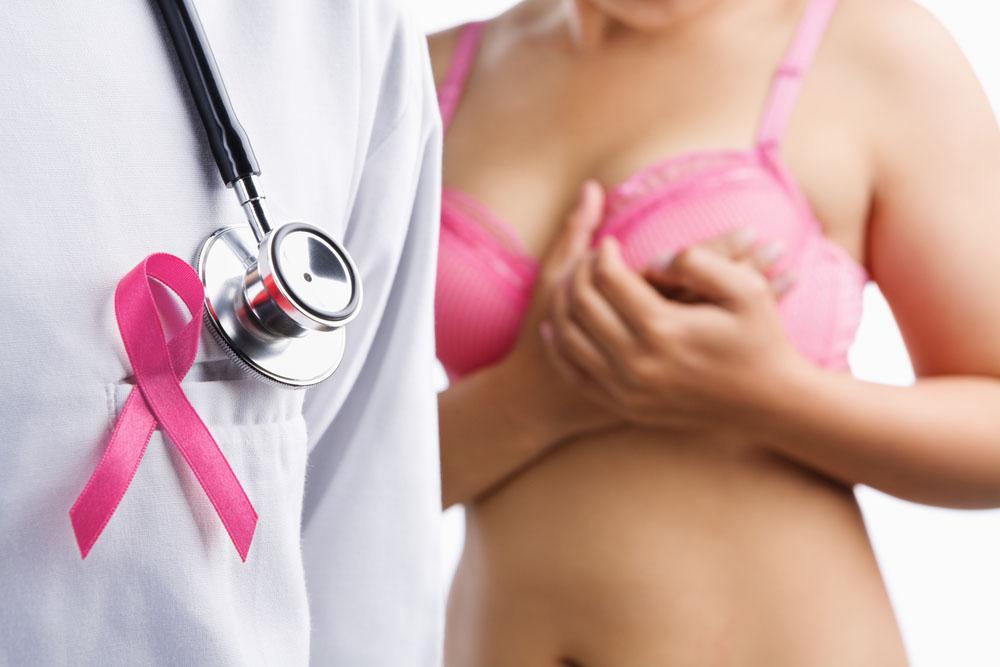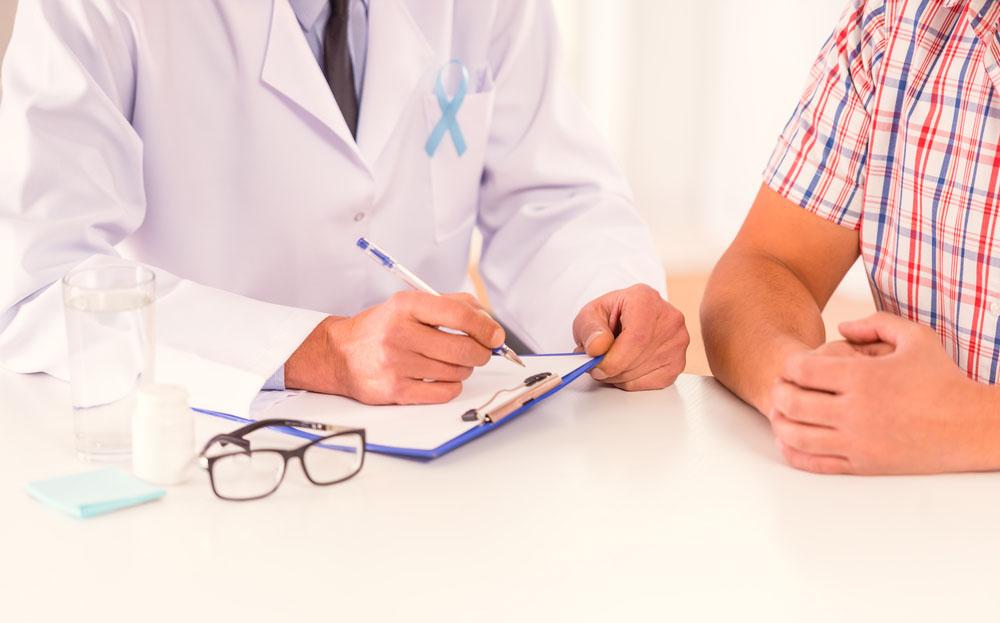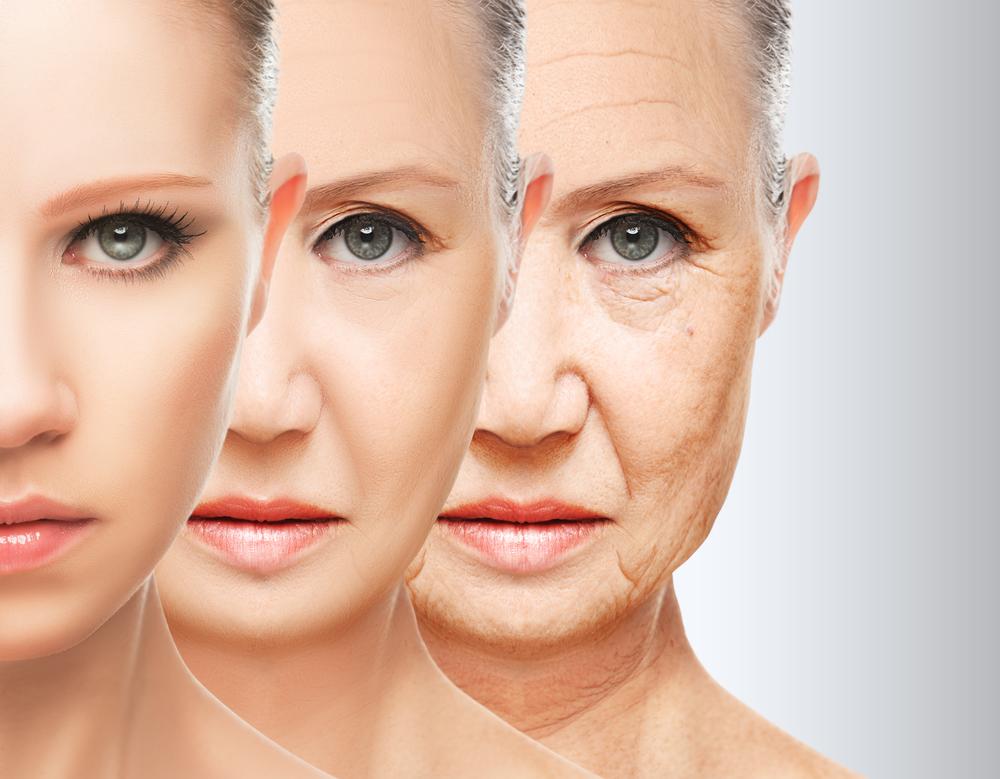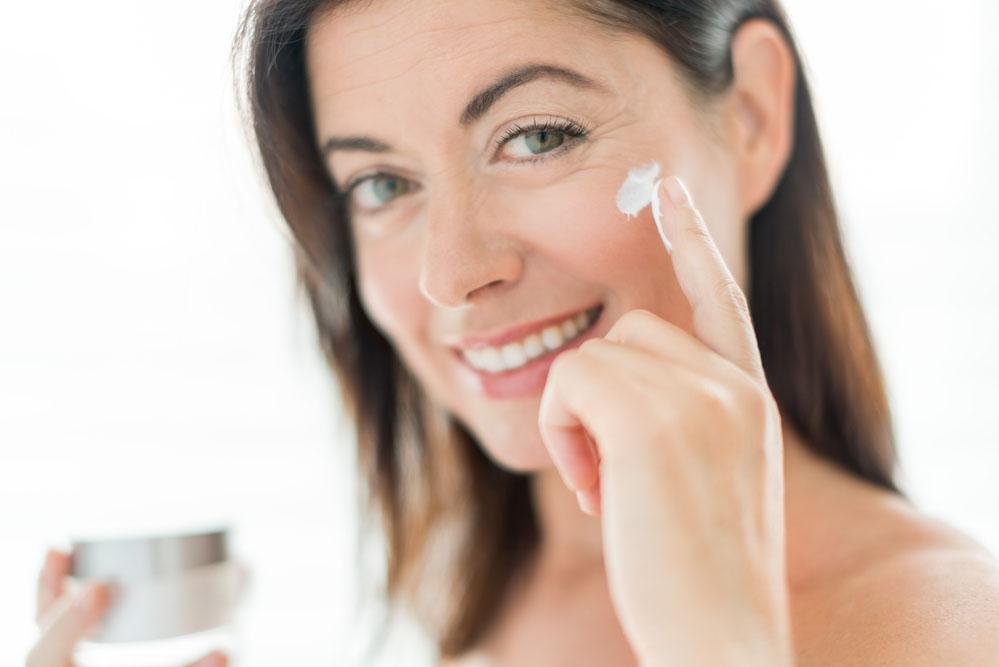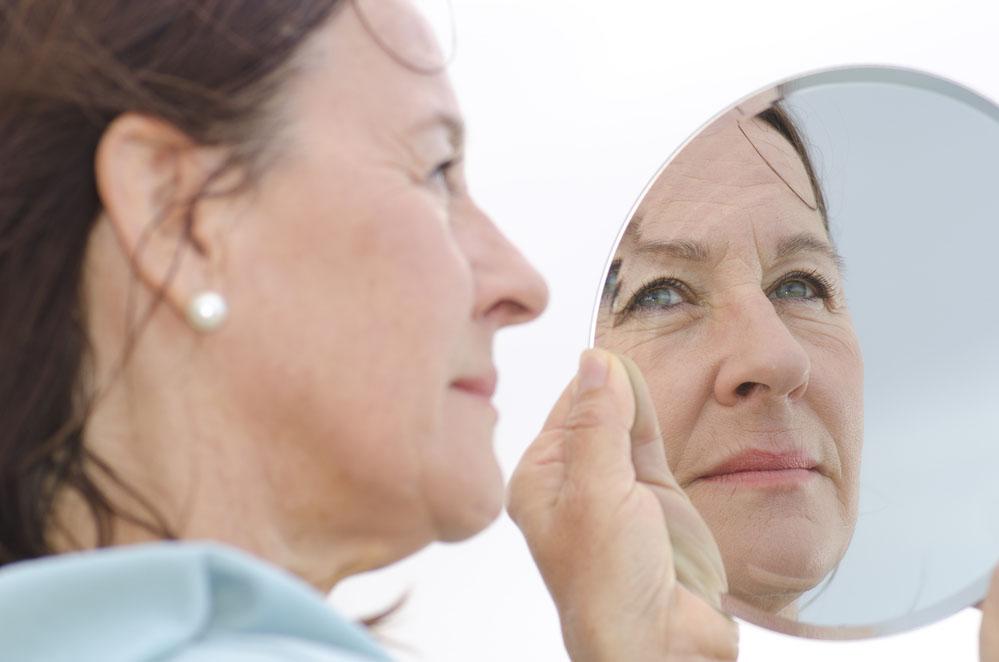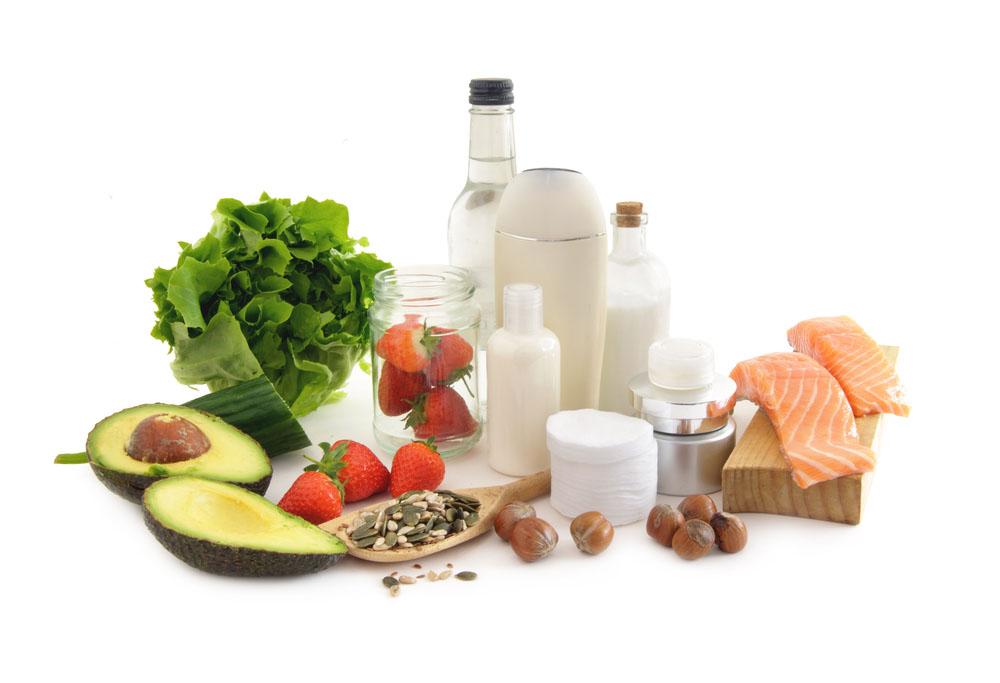Today on my blog how to support our body's immune system. Few tips how to support our body?
Get some sleep
Sleep is very important not only for our beauty, but also for our well-being and health. The right amount of sleep makes our immune system work efficiently, so we are able to defend ourselves against viruses and bacteria. If we sleep too short, its functioning is disturbed, which of course makes us sick much more often. Lack of sleep means that we are not only susceptible to bacteria, viruses and fungi, but also it is more difficult for us to deal with an already existing infection. If we want our immune system to fulfill its tasks properly and protect us against the effects of harmful microorganisms, we should ensure good and healthy sleep. An adult should sleep about 8-9 hours per day, preferably at night, of course. Remember, however, that too much is not healthy, too much sleep can also have a bad effect on the functioning of our body, can contribute to a decrease in both our mental and physical condition and thus also disrupt the immune system.

Reduce stress
It is widely known that chronic stress has a destructive effect on our body. The hormones cortisol, adrenaline and noradrenaline released during a stressful situation prepare us for emergency operation, for fighting or escaping. However, if stress accompanies us every day, the constantly on-going organism begins to devastate. Excess cortisol can, on the one hand, weaken the response of the immune system to the infection developing in our body, and on the other, sensitize it to the effects of e.g. allergens and intensify allergy symptoms. No wonder we become weaker and sick more often. That is why it is very important to find time for proper relaxation that will allow us to forget about everyday problems, reduce stress and strengthen the functioning of our immune system.
Laugh for health
Laughter means that more oxygen gets into our body's cells, blood and lymph circulation improves, so our body works more efficiently and clears toxins faster. Our immune system works more efficiently, we get sick less often, and if we get an infection, it is easier for us to overcome it.
Support your body with a proper diet
In winter, our body's resistance is often weakened by a poorly balanced diet. We eat very little fresh fruit and vegetables, which is why we run the risk of creating dangerous deficiencies of vitamins and minerals. If we want to strengthen our immunity, we should ensure that our diet includes products rich in vitamin C, E, A, B vitamins, zinc, selenium, iron, copper, omega 3 and probiotics. Our menu should include fish, lean meat, eggs, yoghurts, kefirs, fresh and pickled vegetables, fruits, nuts, almonds, pumpkin seeds, linseeds, whole grains, olive oil, linseed oil, black cumin oil or pumpkin seed oil.
Prepare an immunizing cocktail or drink
Cocktails are a great way to improve our immune system. Prepared by themselves are a real vitamin bomb. An excellent ingredient of such a drink is e.g. kale, rich mainly in vitamin C, K, B vitamins, calcium and iron. Improves the work of the circulatory system, supports immunity, anti-inflammatory and neutralizes the action of free radicals; ginger has anti-inflammatory, antibacterial and warming effect; parsley, thanks to which we will provide our body with a large dose of vitamin A, C and iron; ground linseed, containing omega 3 and kiwi rich in vitamin C, E B vitamins, zinc, potassium and magnesium, which perfectly support our immune system, protect against the harmful effects of free radicals and help recover faster.
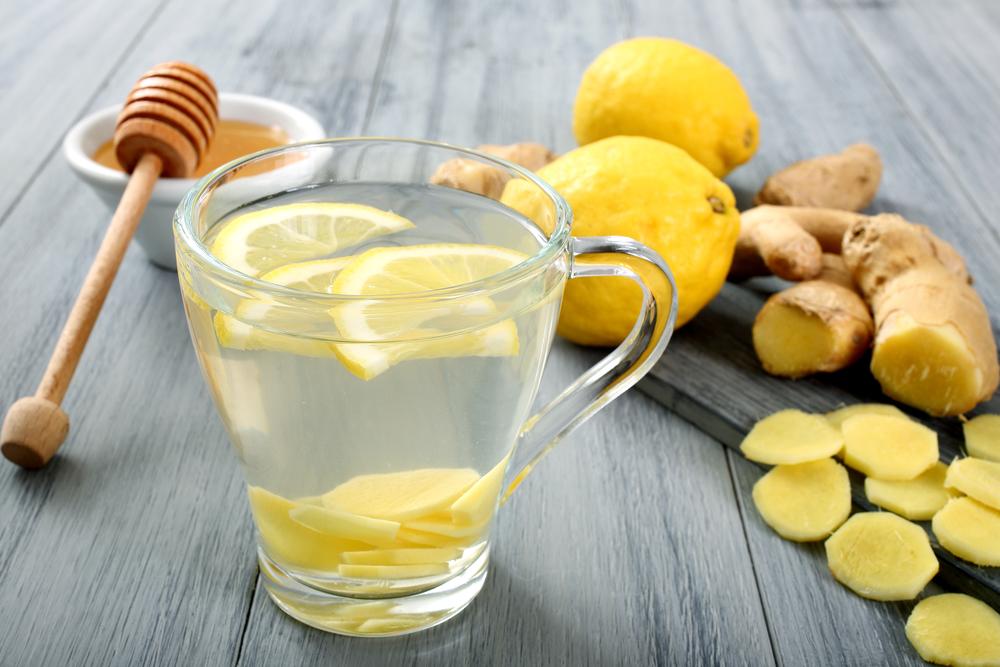
A very good warming drink and at the same time supporting our body's immune system is warm water with lemon and fresh ginger. Just add warm fresh boiled lemon juice and one teaspoon of grated ginger to warm boiled water (1 cup). In winter, when our immune system is weakened, it is good to start your day with such a drink. It will not only help fight viruses and bacteria, but also cleanse the body of toxins, improve circulation and strengthen immunity. You can also prepare a warming tea with lemon, ginger, cloves and cardamom thanks to the large dose of antioxidants, the warming properties of ginger and the antibacterial action of cloves. Your body will be better able to defend against viruses and bacteria and will recover faster if you do not manage to protect yourself infection.
Small sprouts great power
Sprouts can be bought or grown by yourself, they are not only very tasty, but also very healthy. They contain huge amounts of valuable nutrients for our body, and because they are very easily available, they are perfect now in winter, supplementing the deficiencies resulting from a diet low in vegetables and fruits. You will find, among others, vitamins A, D, E, C, B vitamins, iron, zinc, calcium, phosphorus and magnesium. They will not only support the immune system and help get rid of toxins accumulated in our body, but also will cope well with the harmful effects of free radicals, regulate cholesterol and triglycerides, improve the digestive system, and brain and heart function.
Hydrate and moisturize
If you want to keep your body in good condition, don't forget about proper hydration. Water will help cleanse the body of toxins and maintain proper hydration of the skin and mucous membranes, which will make it difficult for bacteria and viruses to enter your body. It is also very important to humidify the air in the rooms where you stay. Too dry air causes that the nasal mucosa loses its defensive functions and impurities, and with them viruses, fungi and bacteria easily enter our body.
Winter is a hard time for our body, so let's try to support it and do not let us get sick. A lot of health Dears:).


